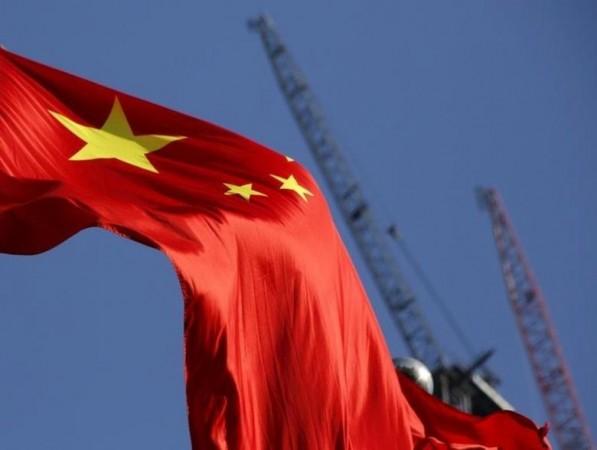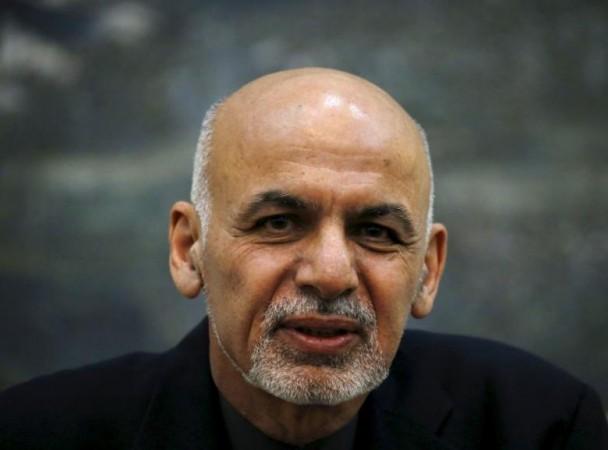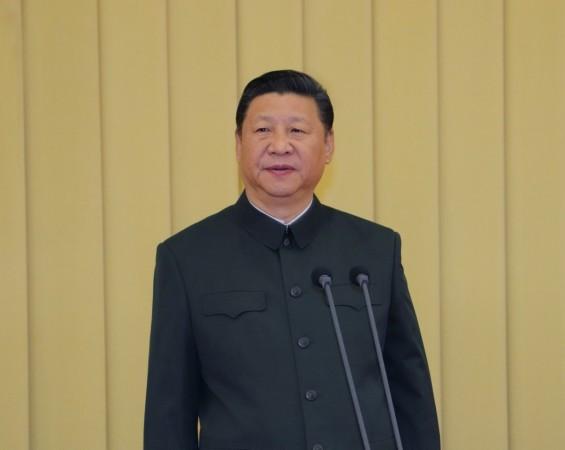Only days after a terror cell operated by a 10-member Chinese module was busted by Afghan authorities in Kabul, the local media on Monday reported that the Ashraf Ghani government, in a hush-hush sort of business, has allowed the detained Chinese spies to leave the country.
As per media reports, the 10 Chinese nationals flew out of Afghanistan in a plane arranged by Beijing on Saturday.

China-Pakistan terror nexus in Afghanistan
Last month, news agency ANI had reported that the National Directorate of Security (NDS), during a major operation in Kabul in mid-December, had detained around 10 Chinese intelligence agents who were said to be working in close contact with Pakistan's ISI-backed Haqqani network and Afghan Taliban.
According to Hindustan Times report, at least two of the 10 Chinese nationals – identified as Li Yangyang and Sha Hung - were learnt to have been operating for the Chinese Intelligence since July-August. The latter used to run a restaurant in Kabul's Shirpur.
Reports stated that during the operation, the NDS team had seized arms, ammunition and Ketamine powder, a recreational drug, from Li Yangyang's house in the western Kabul neighbourhood of Kart-e-Char when the first round of raids were carried out on December 10.
The Afghan security establishment believes the 10 detainees were creating a fake East Turkestan Islamic Movement (ETIM) module in Afghanistan to entrap the group's operatives in Afghanistan, the reports stated further.
ETIM is a small Islamic separatist group alleged to be active in Xinjiang province, home to China's ethnic minority Uighur Muslims. Its founder Hasan Mahsum, a Uyghur from Xinjiang's Kashgar region, was shot dead in 2003 by Pakistani soldiers. Islamabad has been playing along with China that has been accused of running camps in Xinjiang region, where more than one million people are held in detention camps.
Rights groups have opined that China uses the ETIM threat as an excuse to impose restrictions on Uyghurs and discredit human rights activists outside the country. The United States last month revoked the terror tag slapped on ETIM although the group continues to be designated by the UN Security Council as a terror group.
China's violation of international norms
On Monday, Hindustan Times reported that Afghanistan's pardon for the Chinese spies was given on the condition that Beijing needs to render an official apology that admits to the violation of international norms and a betrayal of Kabul's trust.
However, the 10 Chinese nationals had not been formally charged even after spending 23 days in detention.

Afghan activist Habiba Ashna, wrote in an opinion piece published in Pajhwok Afghan News, that the Chinese talk a lot about peace in Afghanistan but back the Pakistani military, that is waging "a multi-year hybrid war against the Afghans" with the help of Taliban terrorists and other groups.
"Now, Kabul has made it clear to Beijing that it will no longer tolerate Chinese spies cooperating with Pakistani agents and militants of the Haqqani network on its soil," Ashna wrote further.
As per Afghan security officials, the Chinese spy network operated in Afghanistan for several months in the interests of the Chinese Communist Party (CCP) to promote "Beijing's geopolitical influence in the region".
China's Afghan policy
Since the establishment of diplomatic relations between China and the then- Kingdom of Afghanistan in 1950, engagement between the countries remained limited largely to the economic domain. Beijing preferred to maintain a distance from political and security issues in Afghanistan, refusing to officially recognise the pro-Soviet Communist regime in Kabul and remained inactive during the Taliban regime in the 90s.
But over the years, the little diplomatic significance between the two countries has been recalculated with active engagement, particularly at a time when Beijing's vested interests in the region are expanding at a fast pace as disengagement of the United States and its allies in the region has become more evident.

The Indian Council of World Affairs, a New Delhi based think-tank, said in its report published in 2019, that China is gradually wary of Afghanistan being a potential breeding ground for Uyghur separatists which it believes may adversely impact its Xinjiang province.
Secondly, China wants NATO withdrawal to be conditional to some political settlement in Afghanistan. Otherwise, it fears that a chronic political and strategic instability in the war-ravaged country will adversely impact Beijing's transcontinental infrastructure project, which aims to connect China with the countries of Southeast, South, and Central Asia; the Gulf region; North and East Africa; and Europe, the think tank said in the report.









!['Had denied Housefull franchise as they wanted me to wear a bikini': Tia Bajpai on turning down bold scripts [Exclusive]](https://data1.ibtimes.co.in/en/full/806605/had-denied-housefull-franchise-they-wanted-me-wear-bikini-tia-bajpai-turning-down-bold.png?w=220&h=138)



